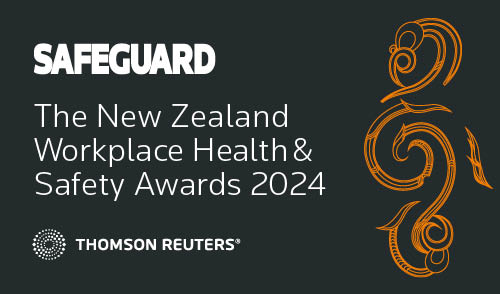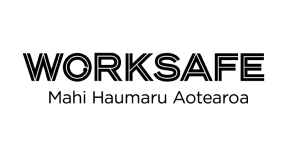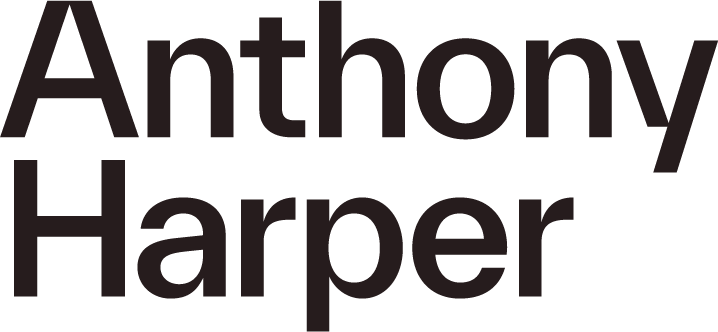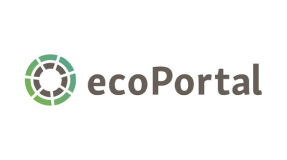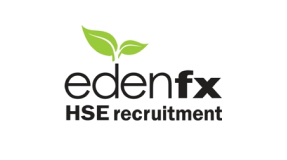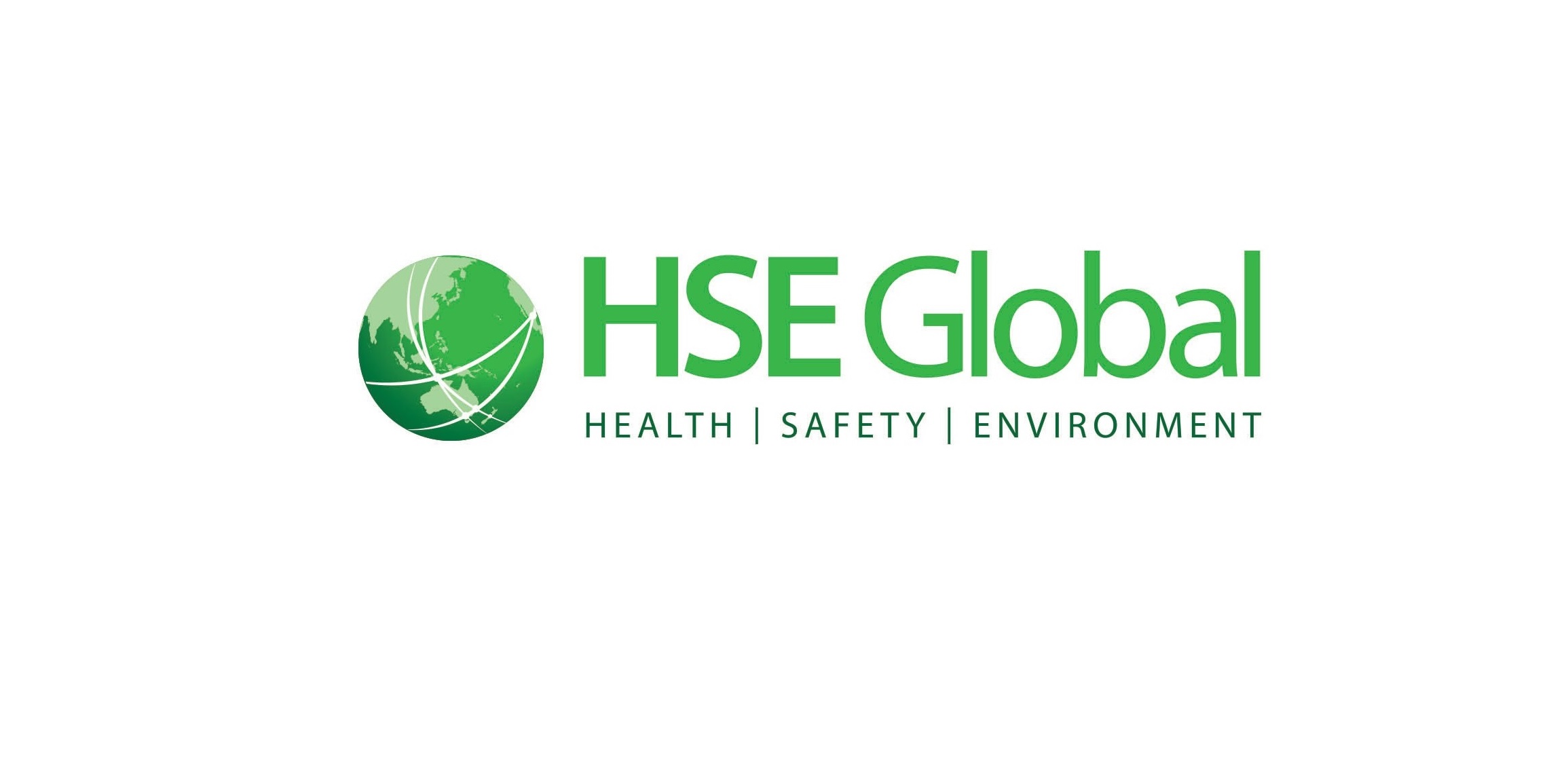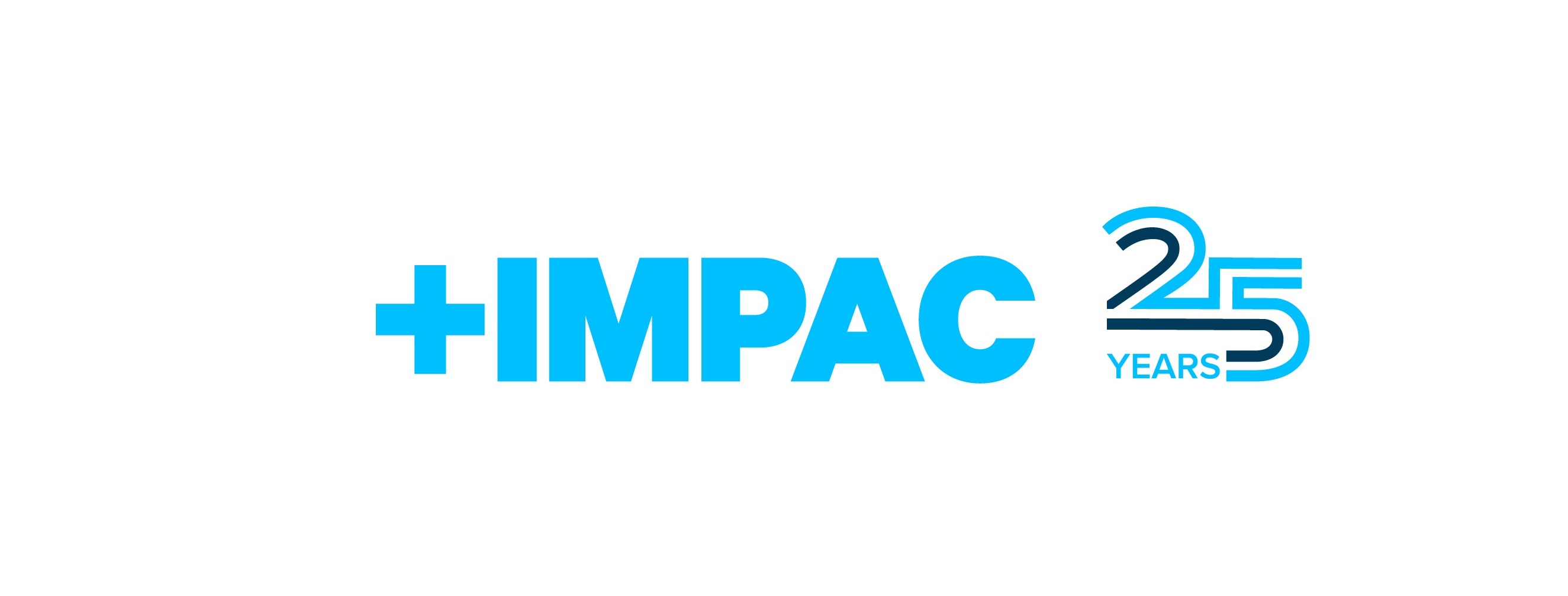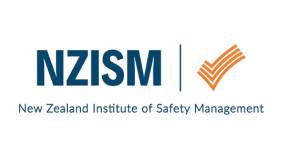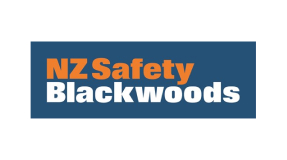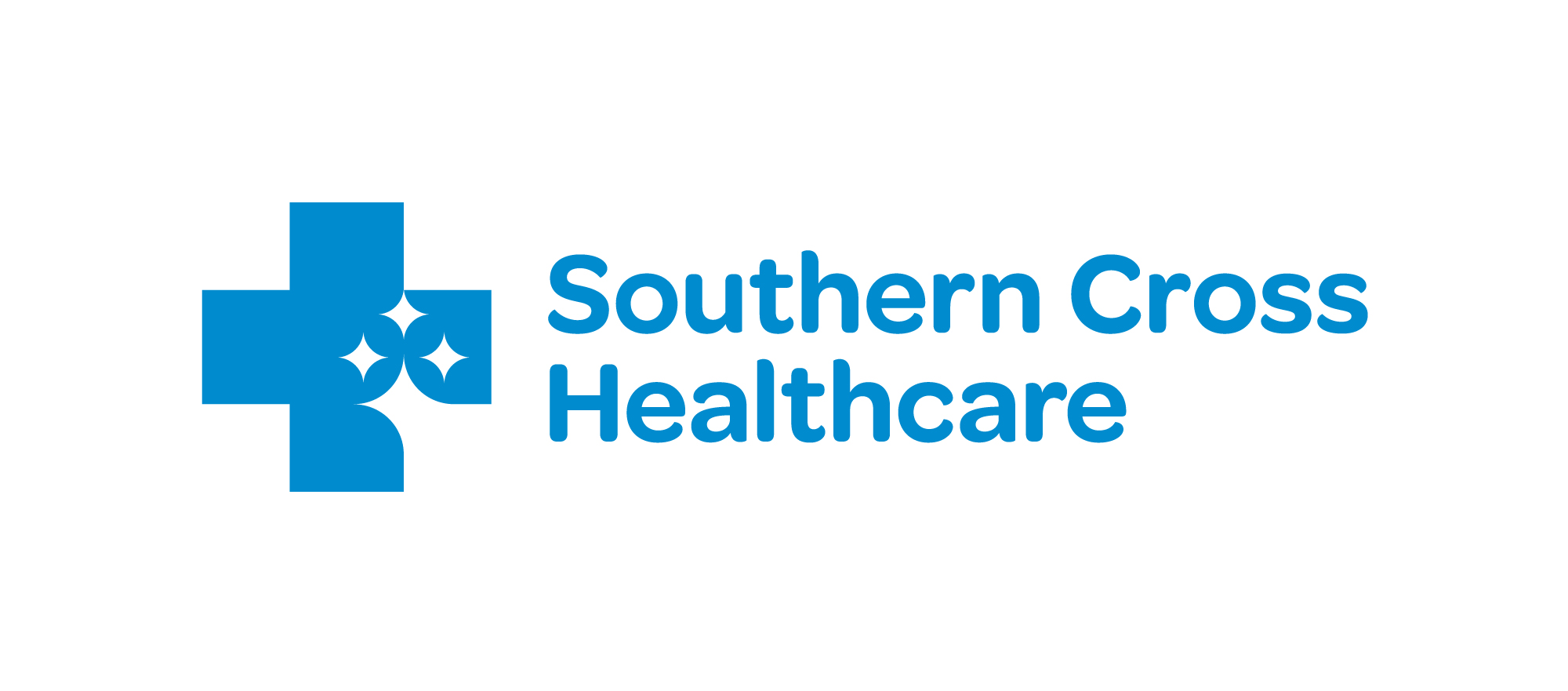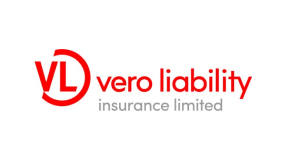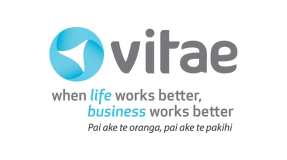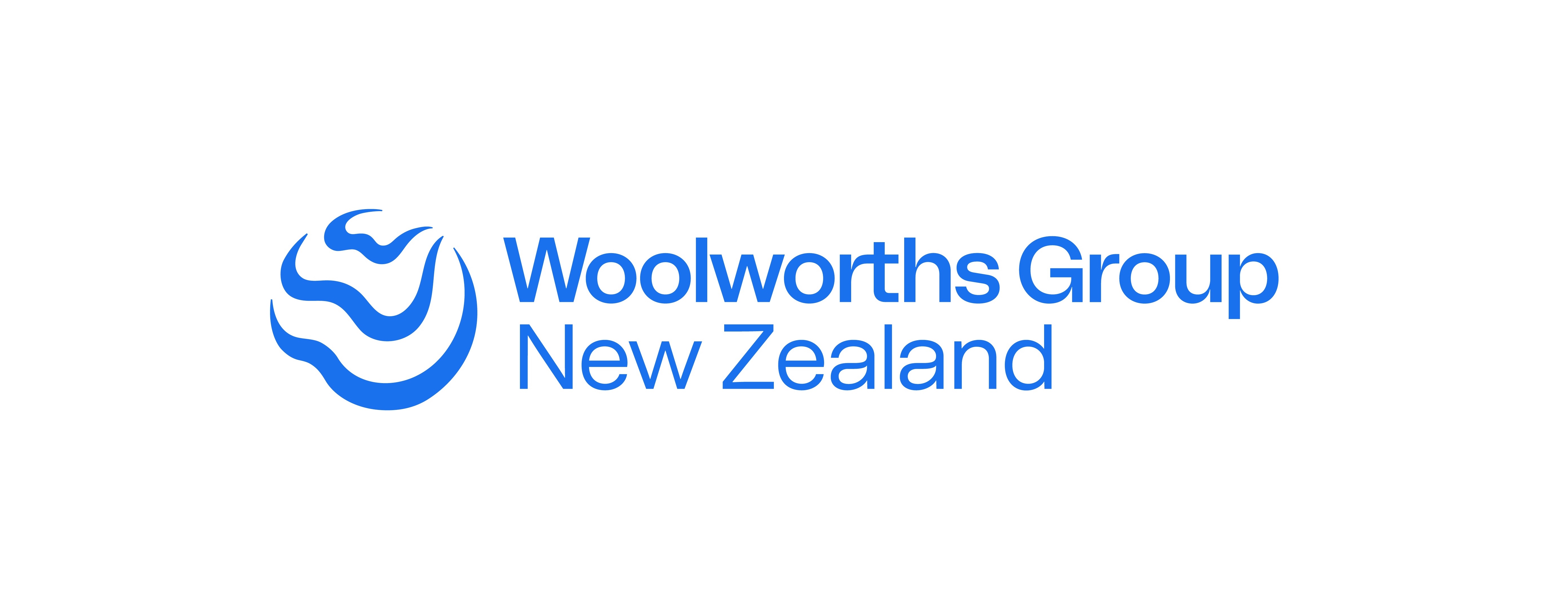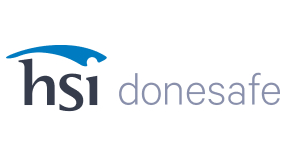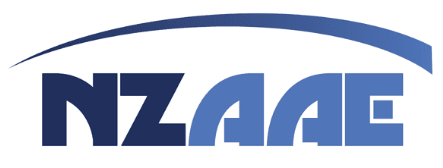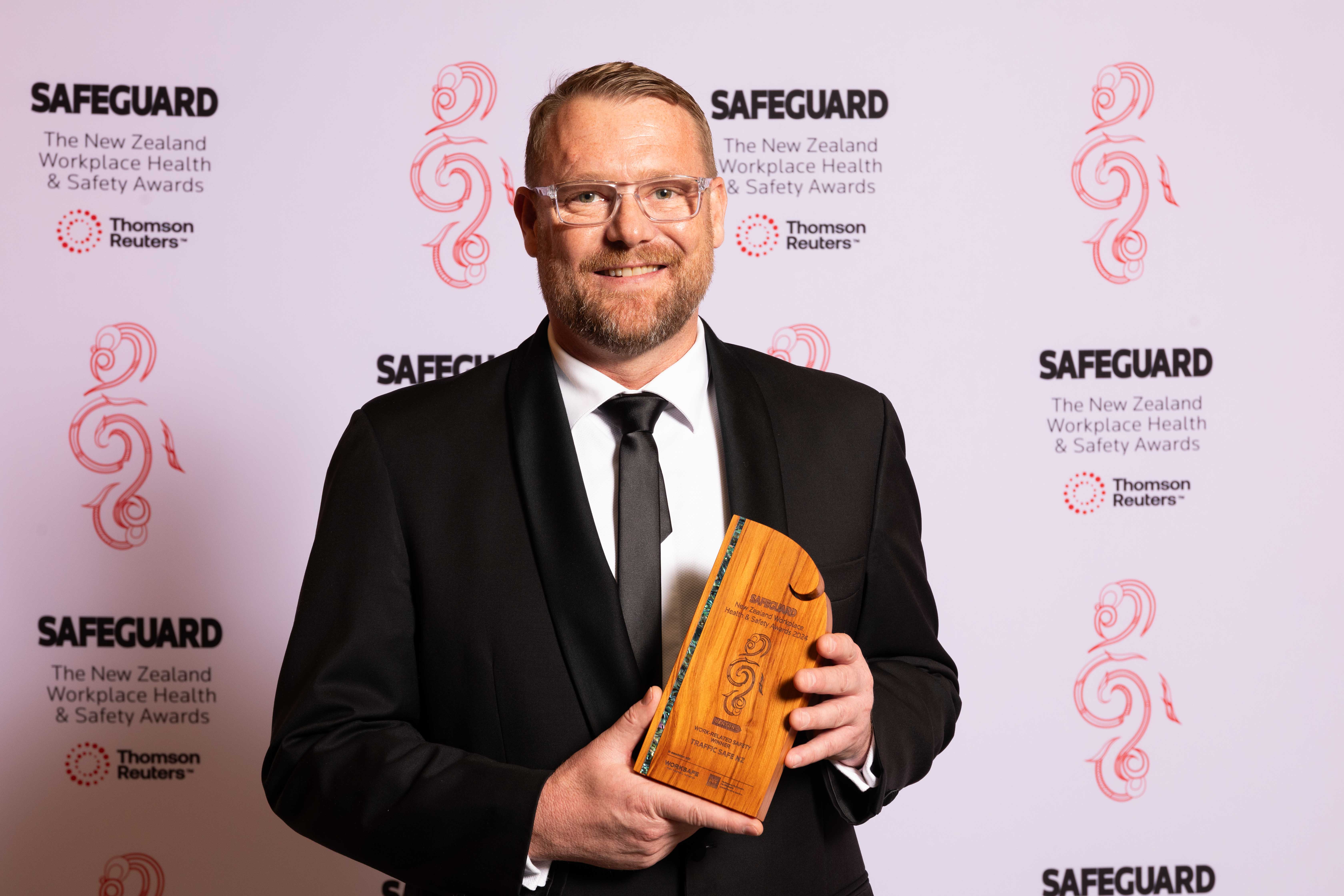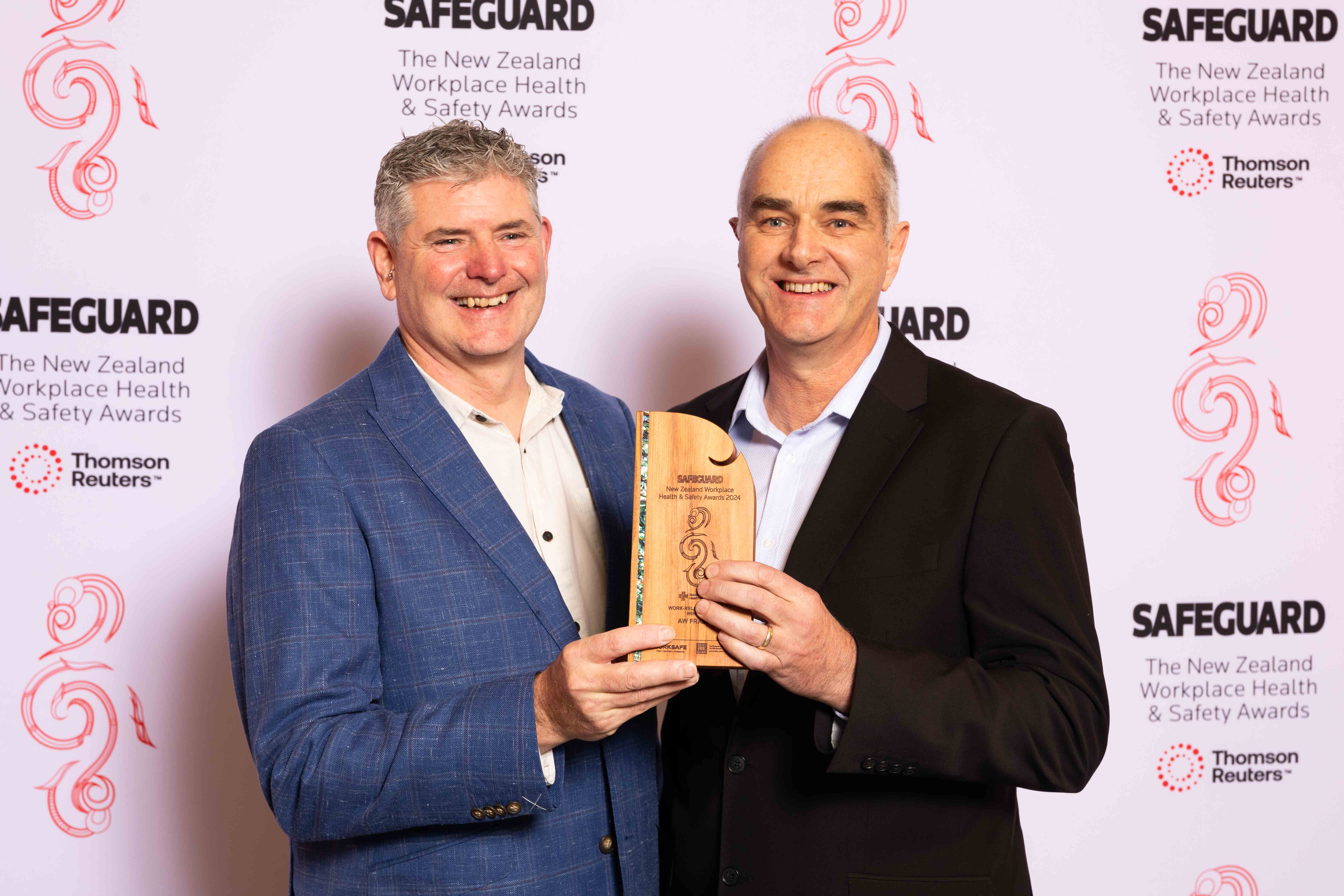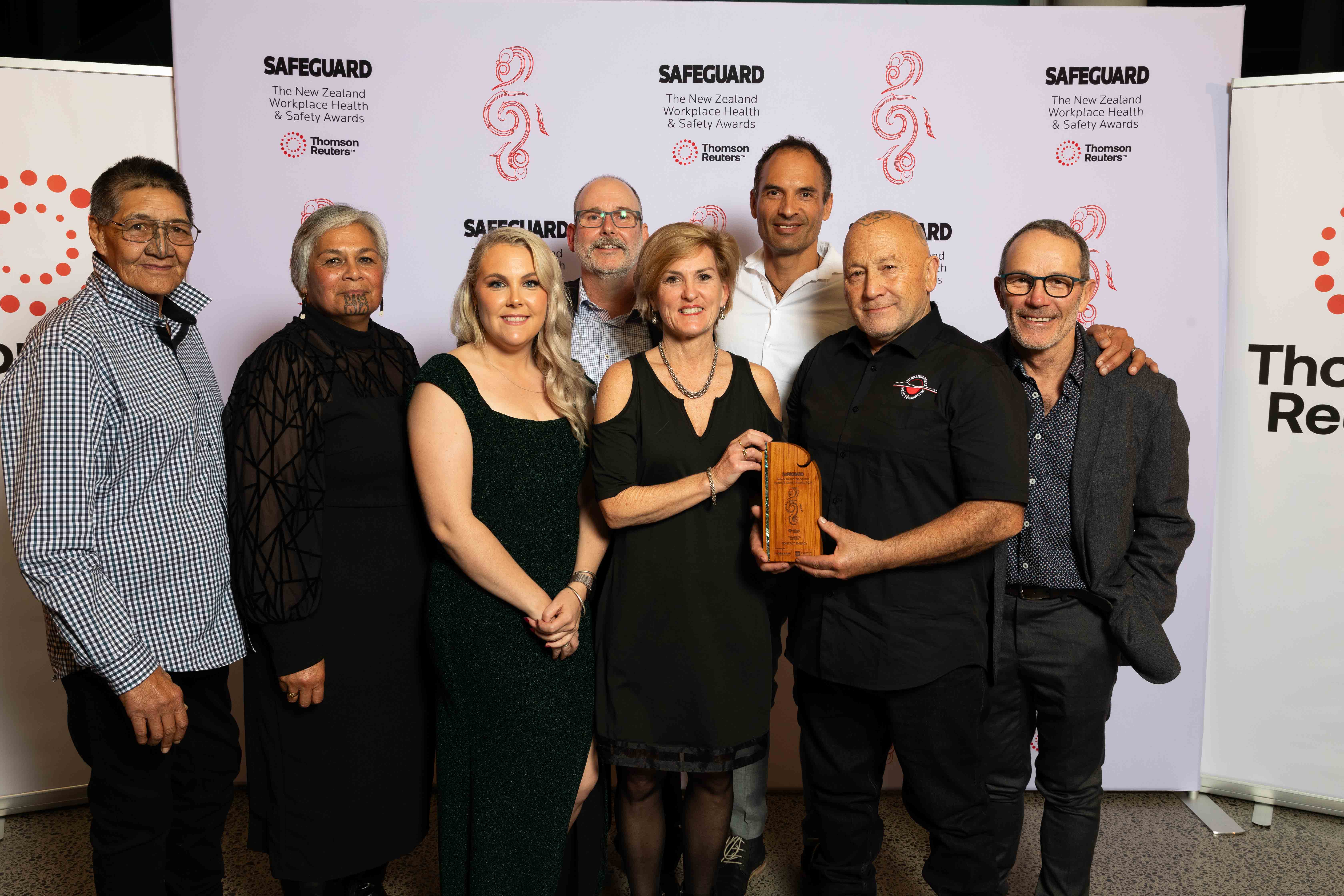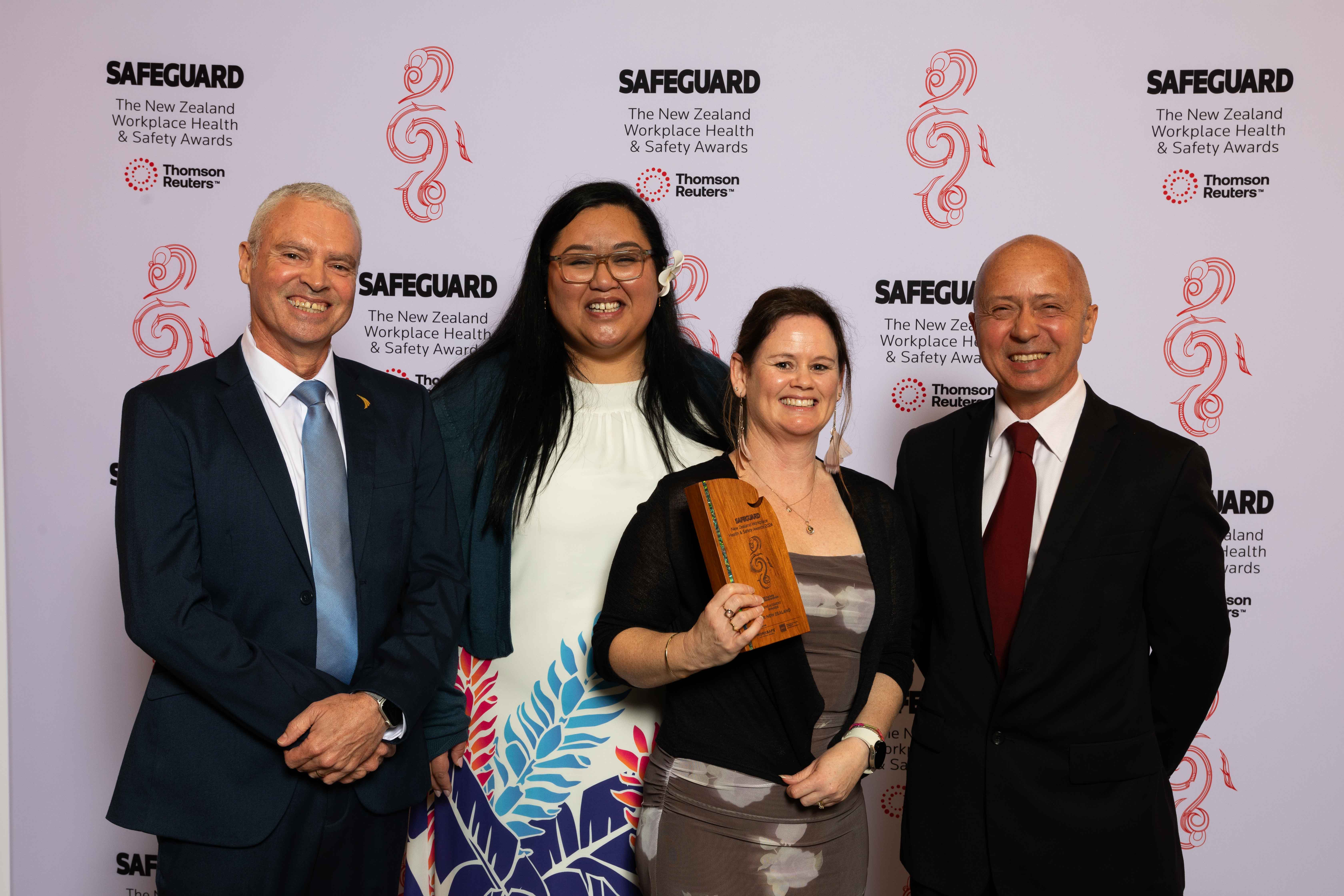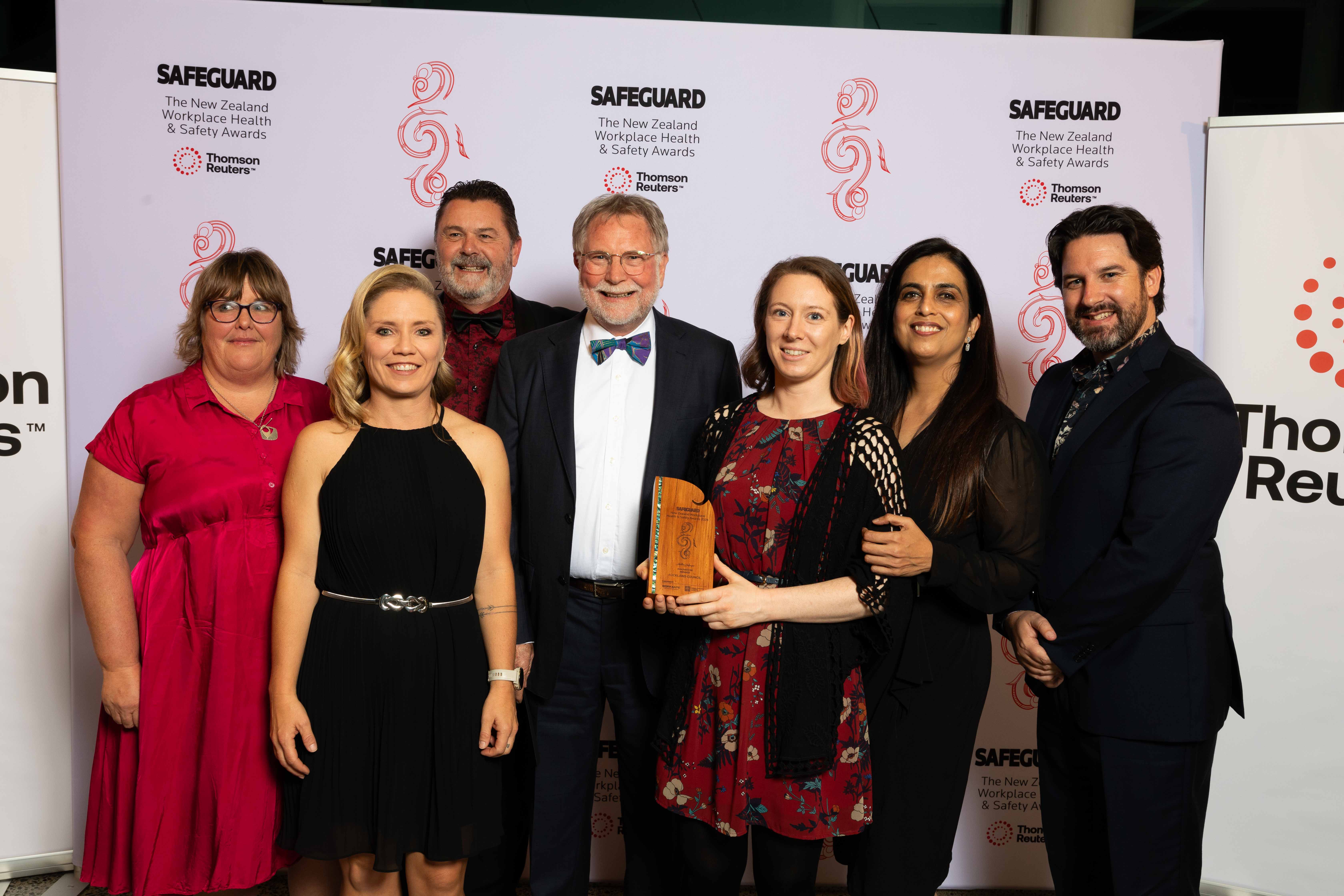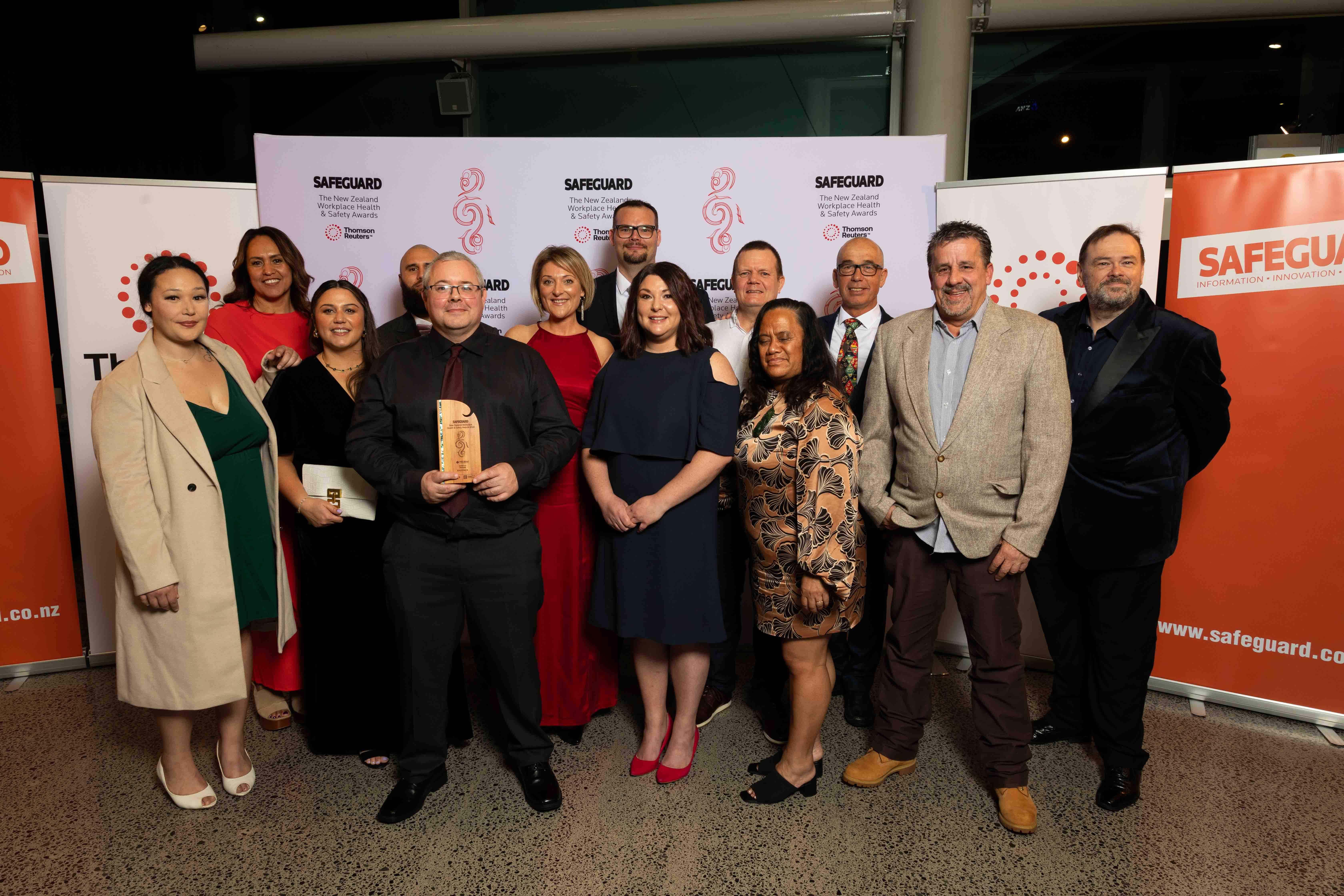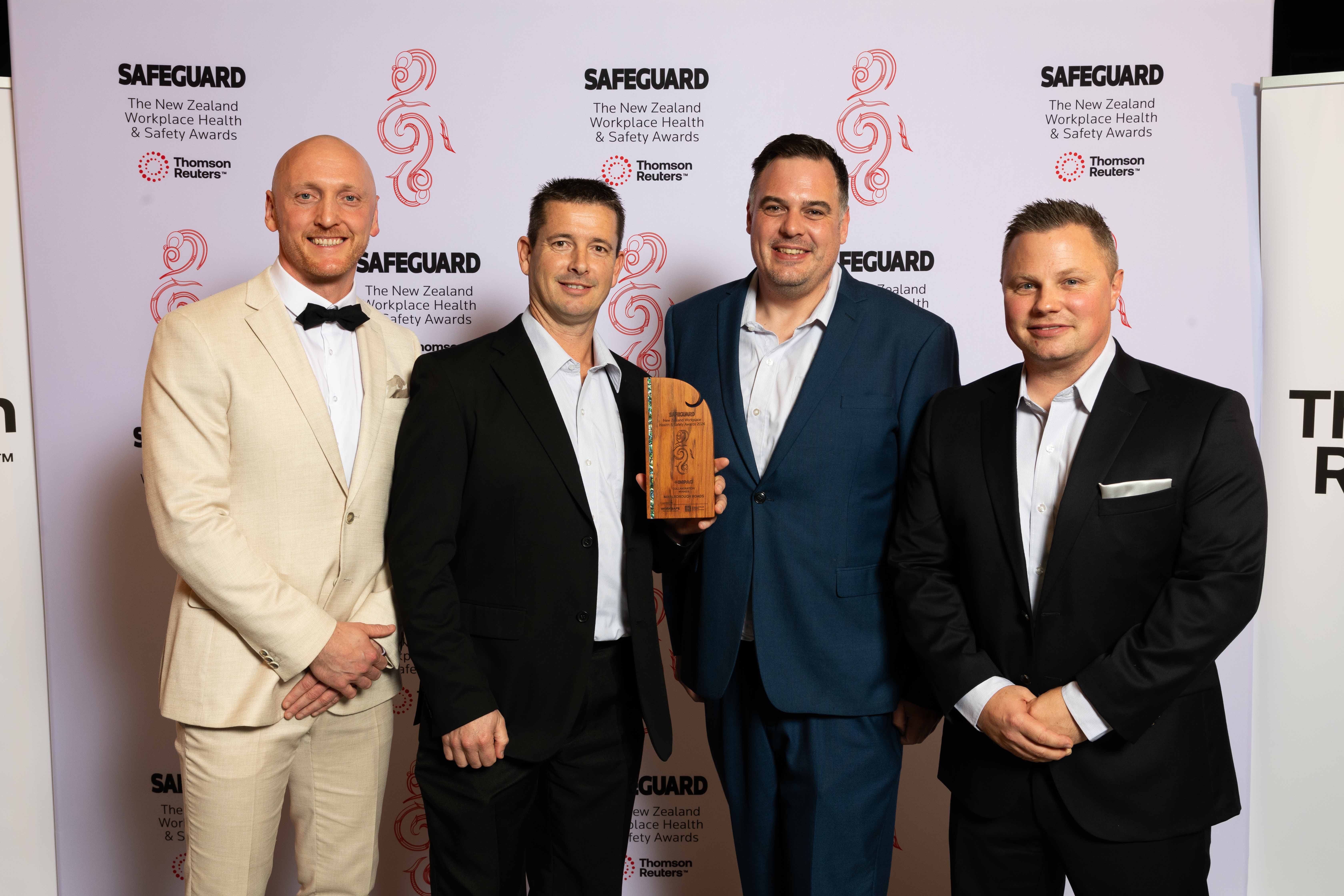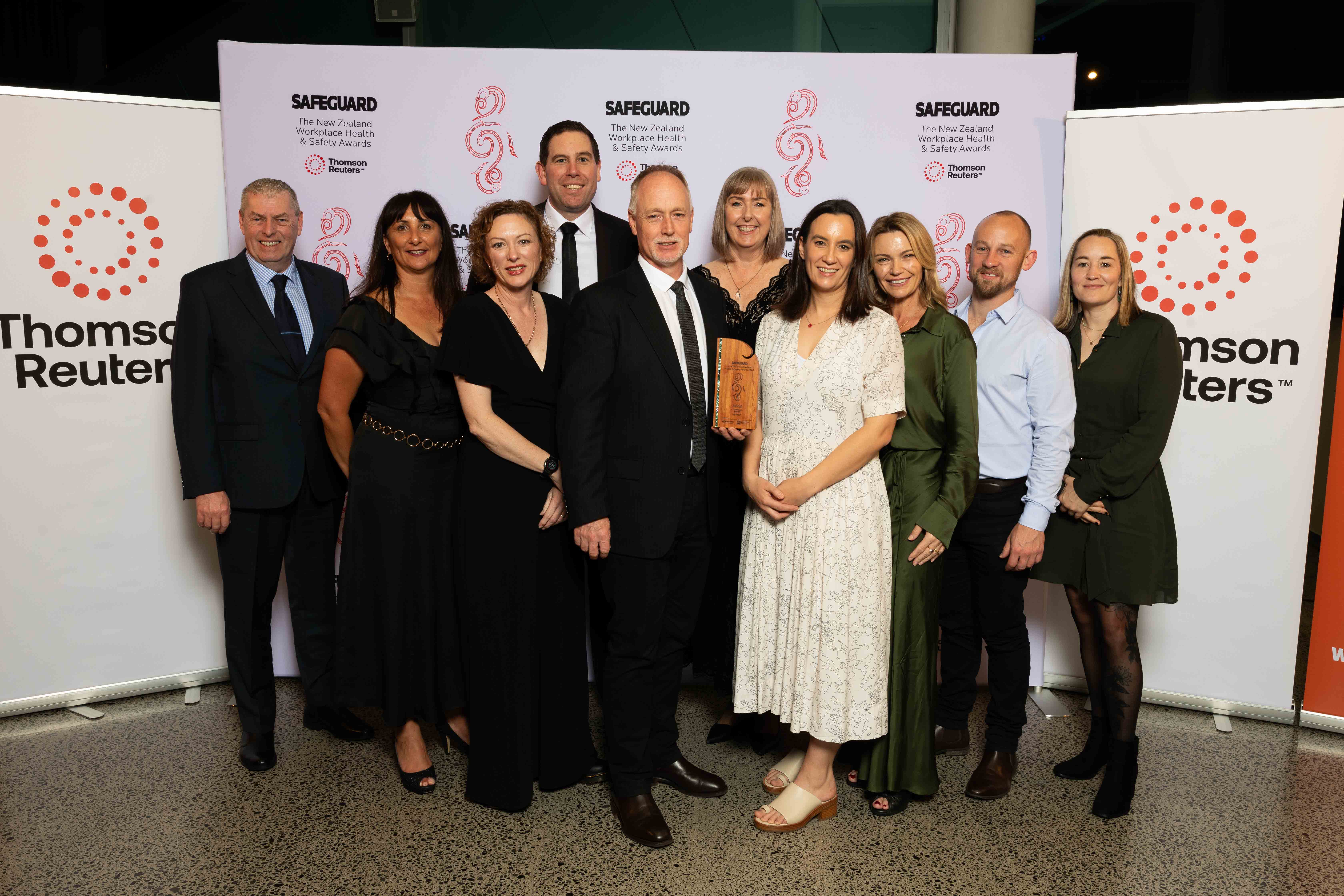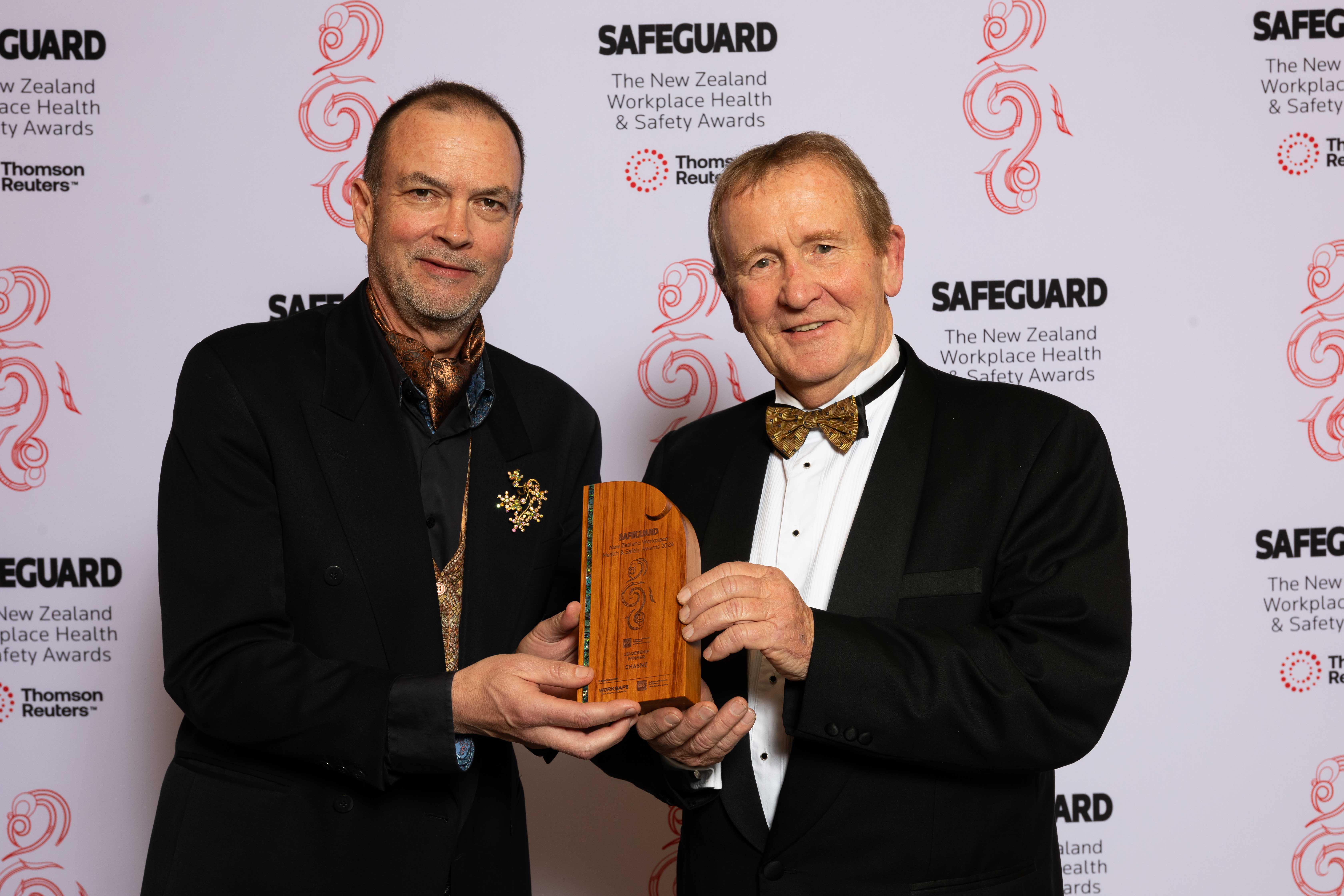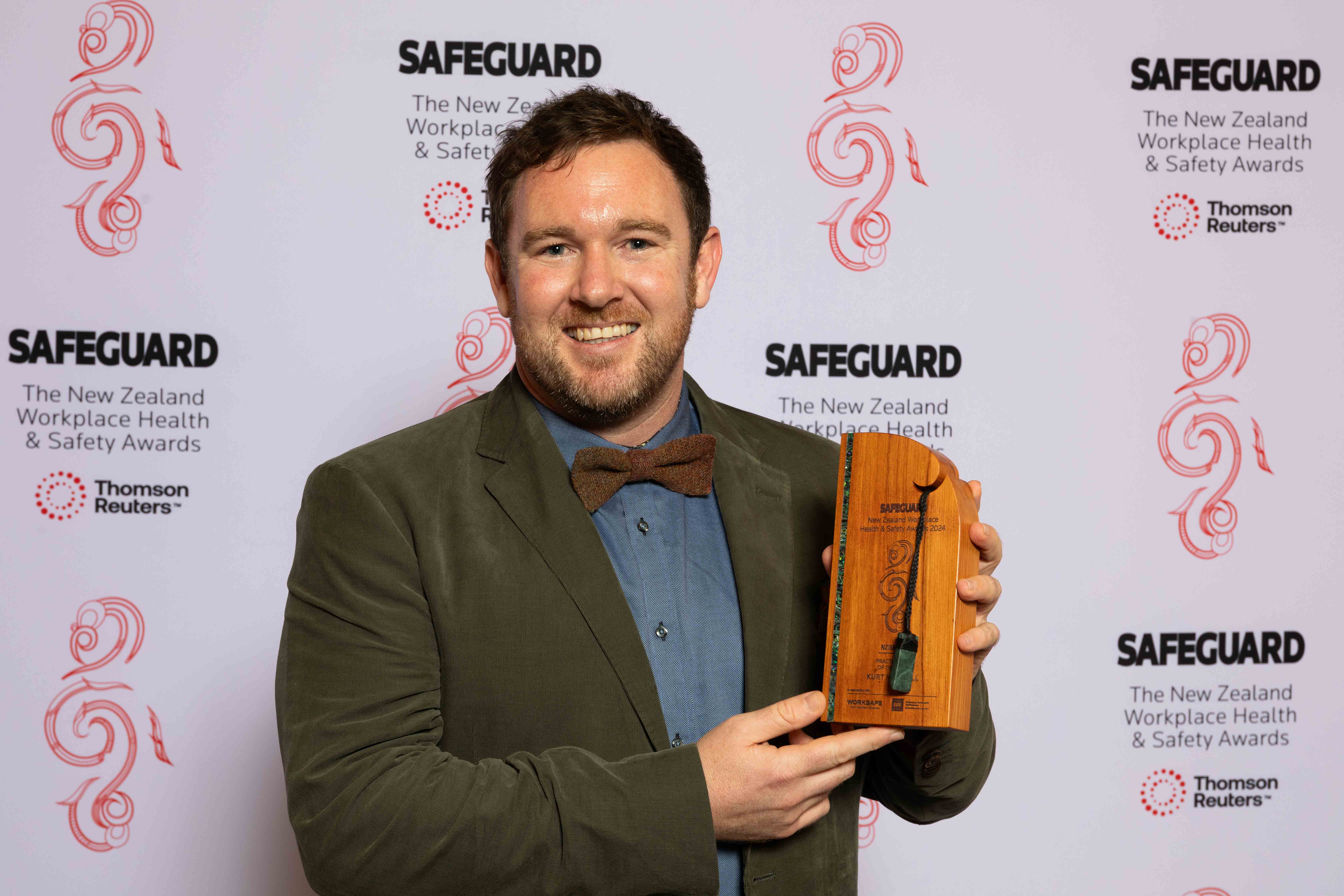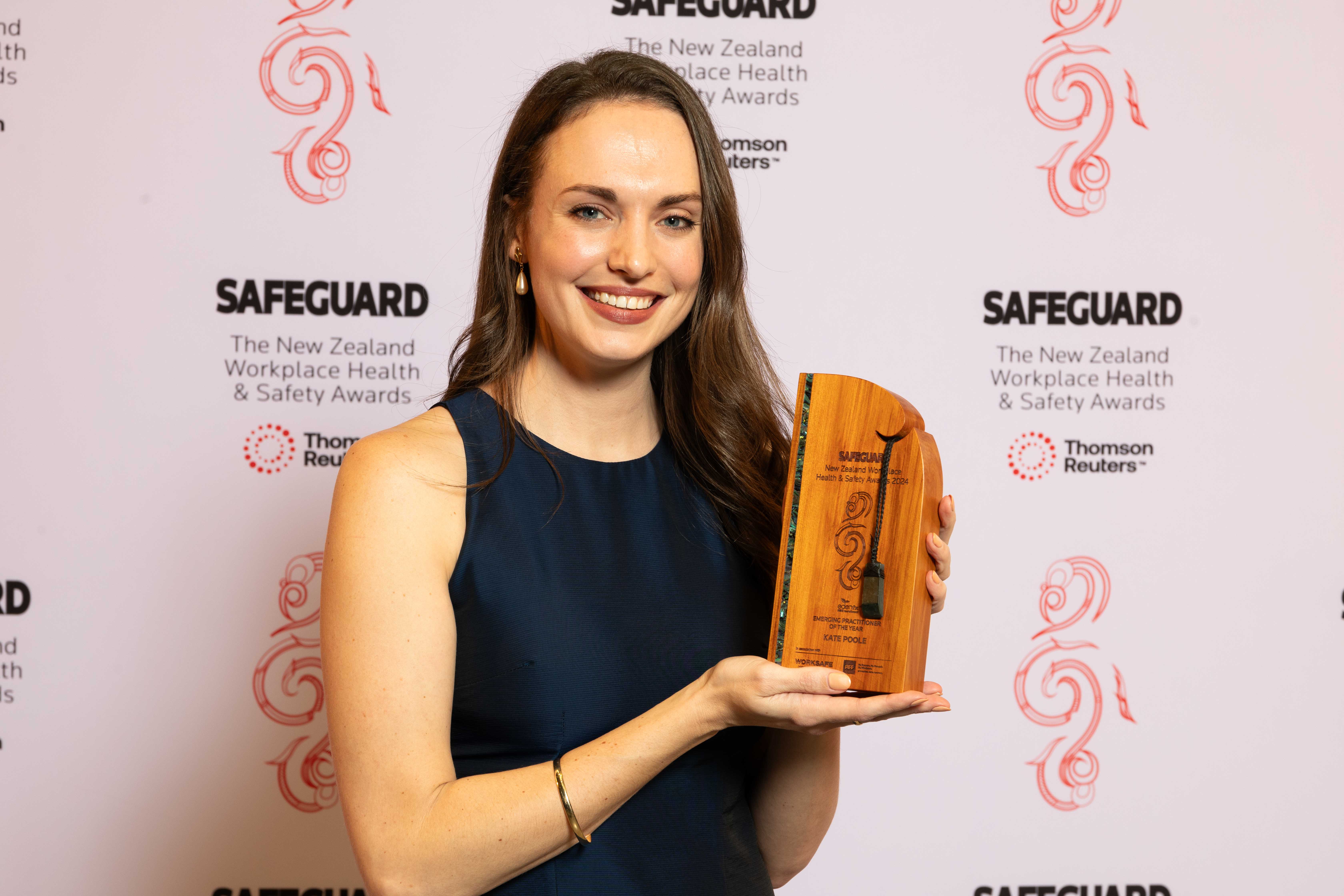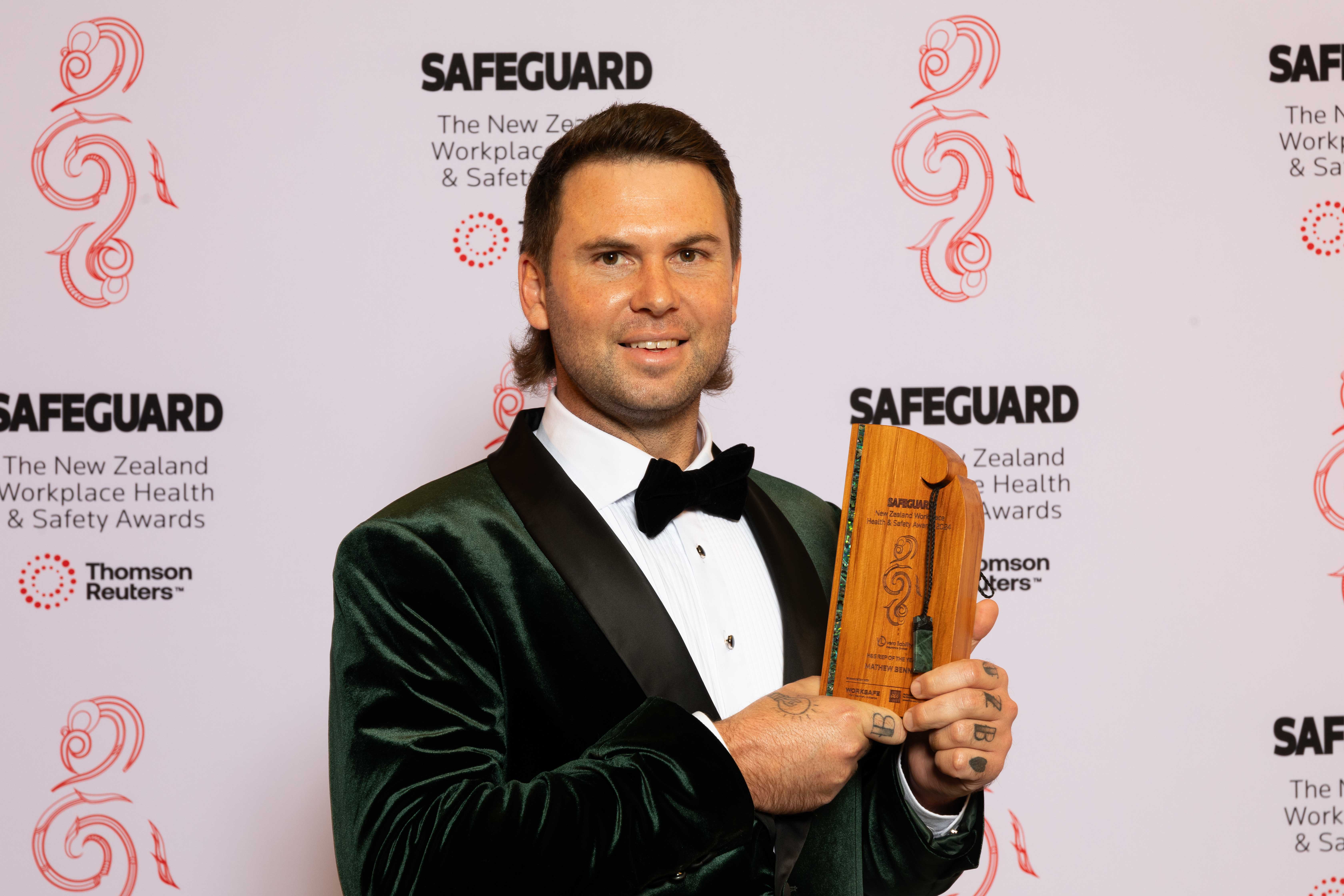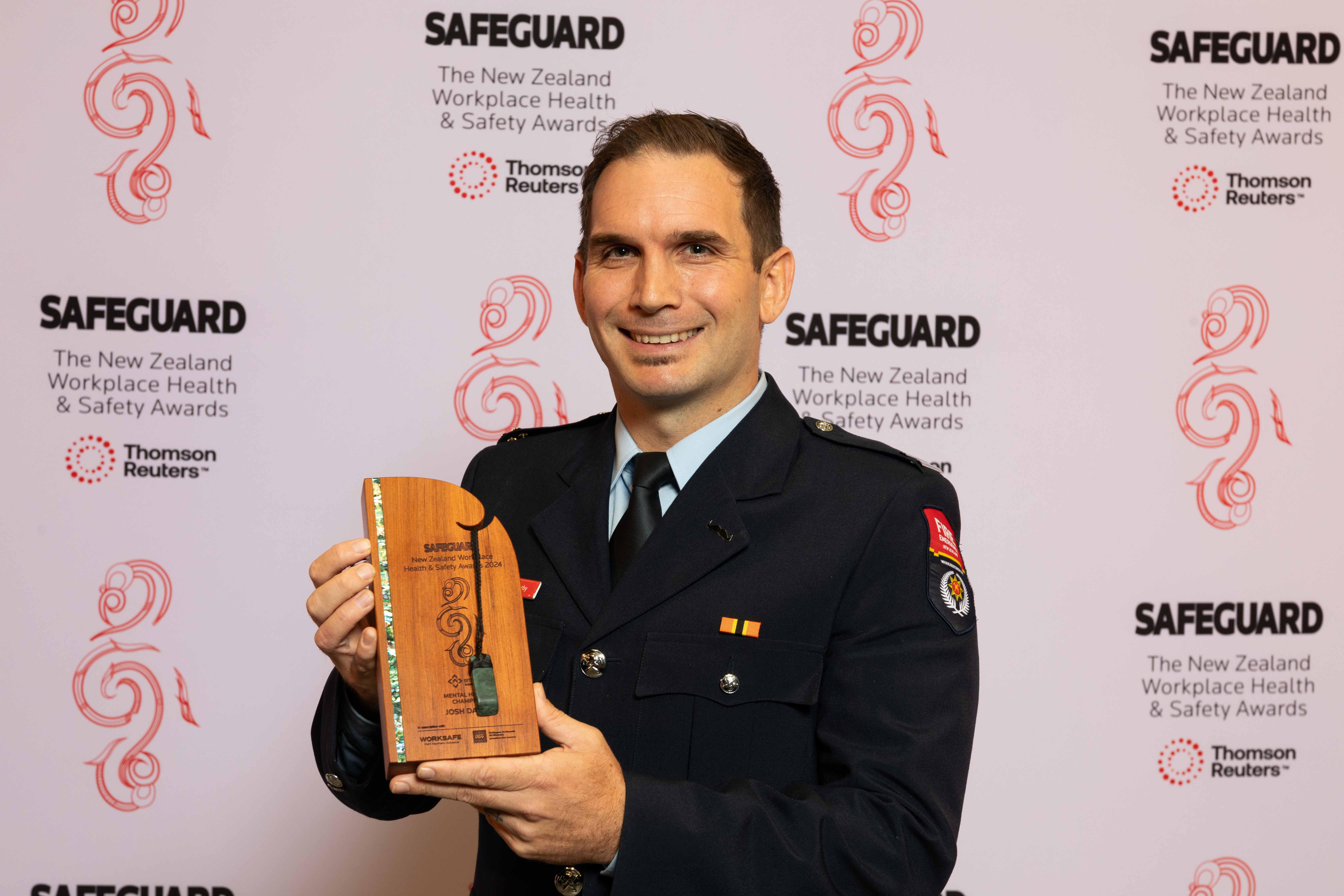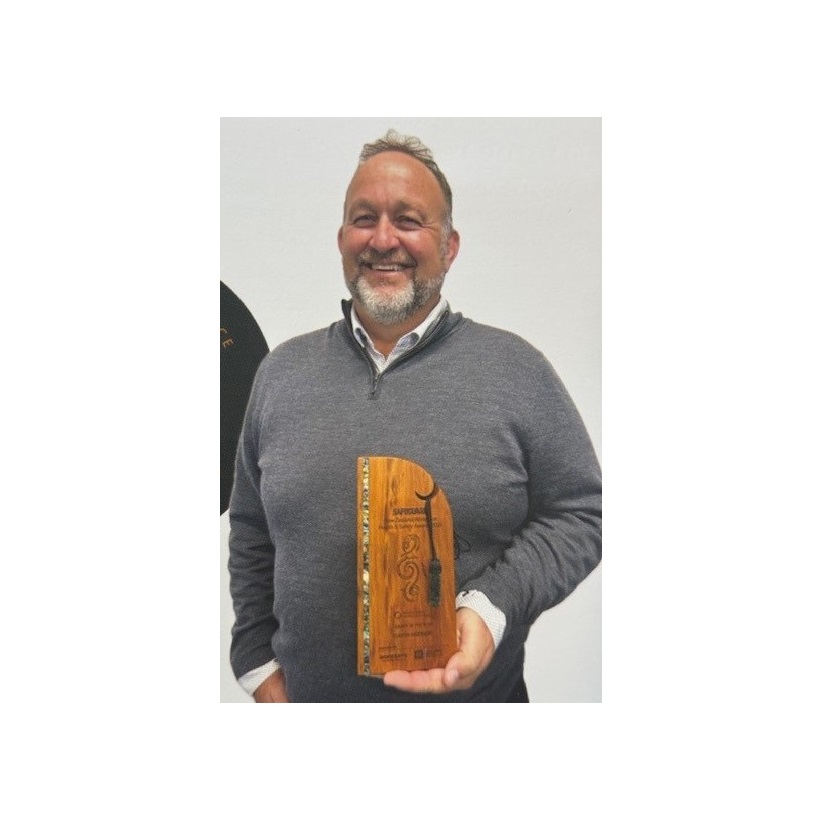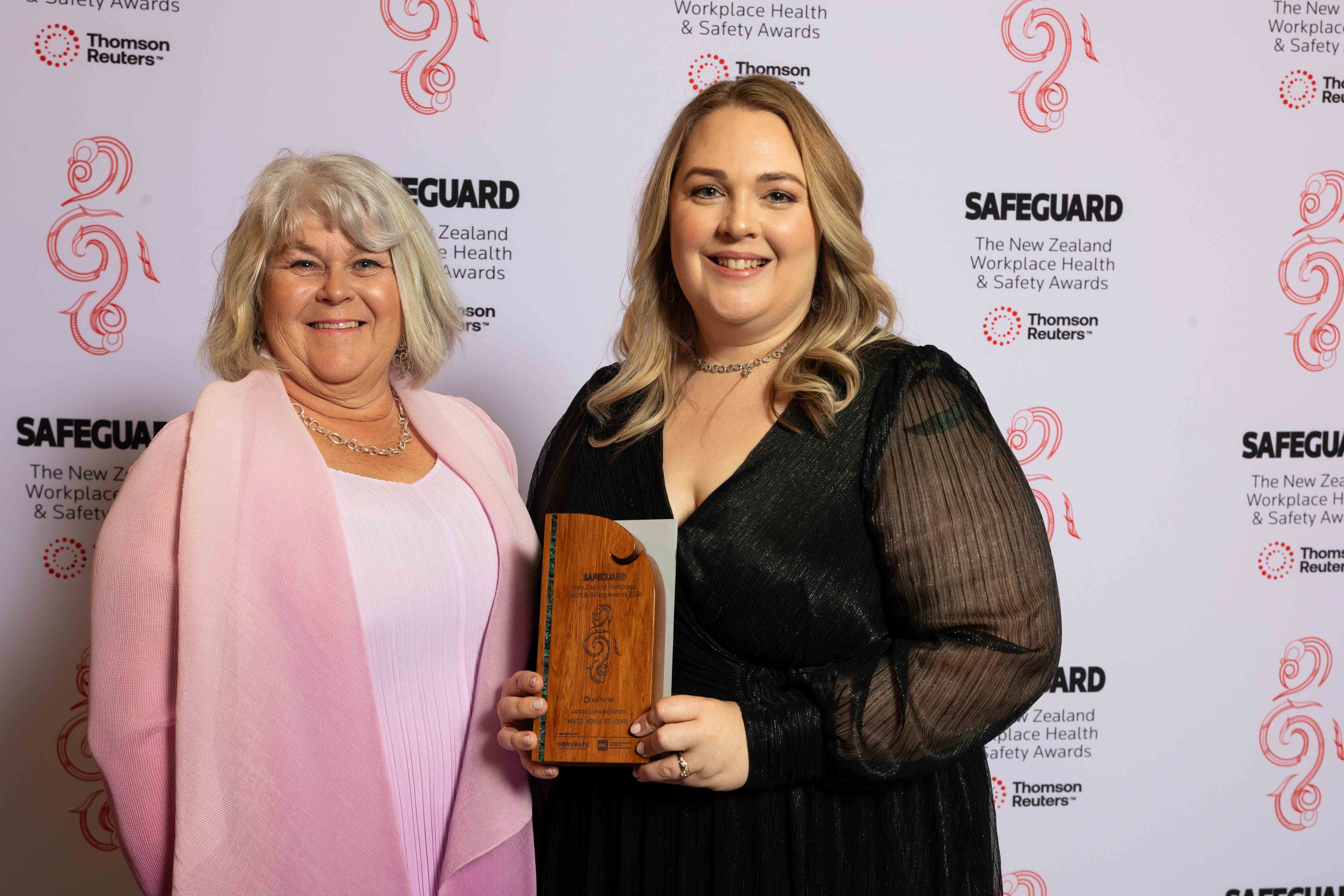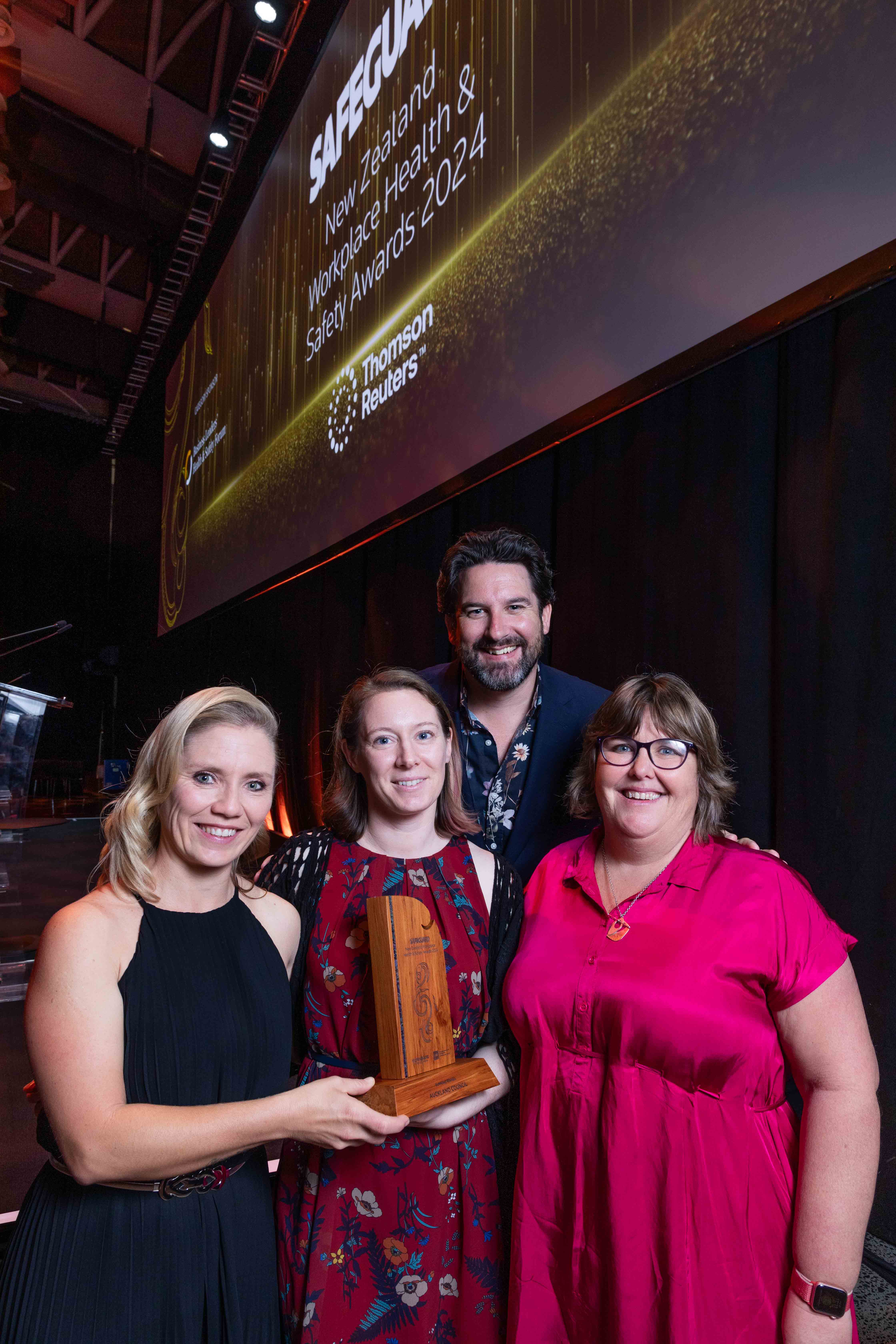2024
Winners announced
See all the 2024 WinnersCelebrating the best of health, safety and wellbeing in New Zealand
The annual New Zealand Workplace Health & Safety Awards have been run since 2005. They are organised by Safeguard with the support of WorkSafe New Zealand and ACC.
The 2024 awards were presented at a gala dinner at the Viaduct Events Centre in Auckland on 18 June, attended by more than 700 people.
See the photos from the gala dinner
See previous Lifetime Achievement recipients in the Hall of Fame
Questions?
For any awards enquiries please email us.
2024 Winners
The deliberate use of a formalised ergonomics and human factors approach in the design of a new household food waste bin has won Auckland Council the overall honours at this year’s New Zealand Workplace Health and Safety Awards. The extensively trialled design has hugely reduced the risk of musculoskeletal harm for the rubbish collectors who pick up thousands of these bins around the city every day.
Judged by a panel of five, the awards were presented at a gala dinner at the Viaduct Events Centre in Auckland on 18 June, attended by more than 700 people.
Hall of Fame Inductee
-
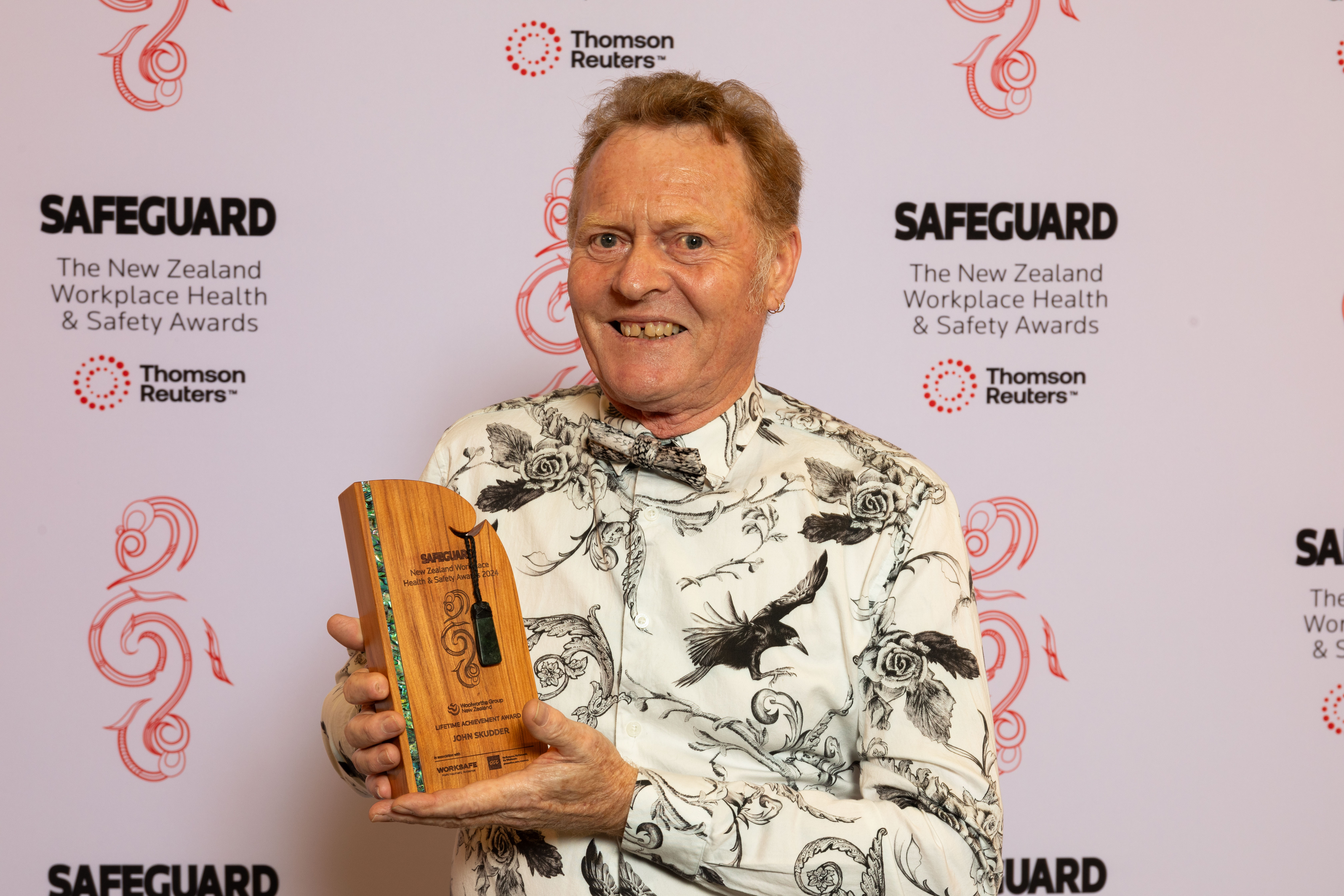
John Skudder
Formerly of Meridian Energy, John has championed new approaches to health, safety and wellbeing and encouraged others to do the same. At Norske Skog he oversaw implementing a process of employee participation which was recognised at the first Safeguard Awards in 2005. An early adopter of e-learning, he developed courses illustrated with photos from the plant and made them available to contractors too. At ACC he developed interactive e-learning modules for the metal manufacturing sector. At Contact Energy he embraced the Safety-II approach together with the use of learning teams to look at how work is done rather than narrowly focusing on failure. In challenging the prevailing Zero Harm mantra he modelled the move away from health & safety people as experts with the answers to become enablers who help workers find their own solutions. More recently, at Meridian Energy he helped develop its award-winning Care Team wraparound approach to wellbeing.
-
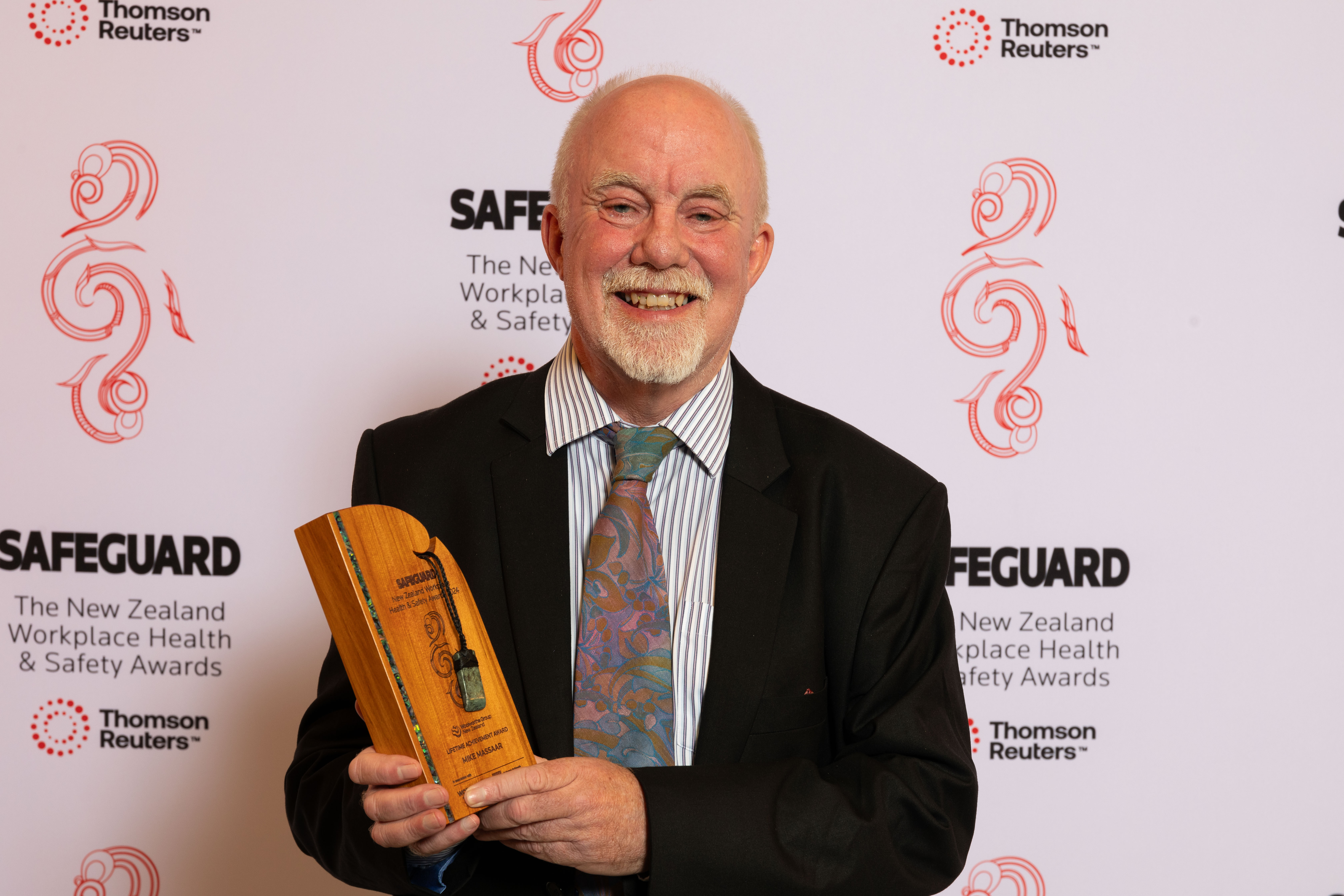
Mike Massaar
Recently retired after a long career with the Department of Conservation, Mike has championed a formal approach to critical risk and some difficult decisions flowing from that. He helped develop a critical risk standard which went beyond the norm with its focus on control verification and feeding assurance back to the governance group. He was influential in DoC moving away from quad bikes as the residual risk was too high, and in banning staff (and later volunteers and contractors) from travelling in Robinson helicopters on the same risk basis. He championed employee health monitoring – fire fighter fitness, pesticide use, hearing – and was early to realise the minimal value of TRIFR and that traditional audits do little to lift health & safety performance, leading him to embrace the SafePlus evaluation process. He recognised that driving cars was a critical risk requiring training, and was early to acknowledge psychosocial harm and violence/aggression to staff in remote places.
